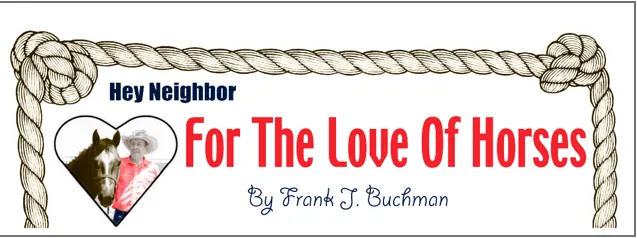Congress is in another needless argument about the Internal Revenue Service.
Democratic propose to pay for infrastructure investments by putting more money into the IRS, a plan Republicans don’t like.
The idea was to give the IRS an extra $80 billion and shore up financial reporting rules to help root out tax evaders.
The White House has said this would collect an extra $700 billion over ten years.
Republicans and Democrats came up with a smaller bipartisan plan to give the IRS $40 billion and collect $140 billion in unpaid taxes; this might have become law. But many skeptics, especially Republicans, continue to believe that any effort to strengthen the IRS is a recipe for government overreach and invasion of privacy.
How we pay for government programs, such as infrastructure, gets lost in all the caterwauling.
The strangest argument comes from politicians who whistle about closing the IRS or starving it into impotence, as Trump so vigorously demanded. This tune usually comes with the drumbeat that government be run like a business.
But as any good business manager knows, profitability does not lie in shutting down the department that collects the money. The IRS brings in the revenue that keeps the country going and, for that matter, keeps Kansas flush with a healthy flow of federal aid. Studies by the Rockefeller Institute, for example, show that Kansas gets roughly $1.40 for every dollar that its citizens pay in federal taxes – a 40 percent return, thanks to states such as New York and California, that pay more in taxes than they receive in aid.
I tend to think that most people find our system of taxation is generally a fair and equitable way to share the cost of government and the many services it offers. Among them is help from Washington – for schools, roads, water and sewer, agriculture, airports; Lindsborg alone has put to work millions in federal money over the past 20 years. Our many street facelifts, the new water treatment plant, the hike and bike trail, a remodeled downtown and city hall, a renovated power grid, flood control and 43 acres of new housing are among the benefits.
*
A lot of people don’t like the IRS because they don’t like paying taxes or are trying to avoid paying them or don’t want to get caught cheating on them. Some politicians like to invigorate their campaigns by getting people stirred up about taxes and the IRS. This is like telling the jaywalker or the panhandler that life would be easier without law enforcement.
Nearly every problem affecting the IRS today can be traced to a lack of funding. This leads to equipment deficits, a shortage of agents, an increase in employee turnover, a lack of experienced employees and managers and ‒ ultimately ‒ a decline in revenue collections coupled with increases in unpaid taxes. Some politicians have never learned that biting the hand that feeds them and their constituents can be risky.
The current spat about the IRS has roots in an old dust-up, when the agency in 2013 took a special interest in the TEA party’s tax exempt status, refueling anger among people who never saw a government they couldn’t hate.
The Taxed Enough Already party had sought 501(c)4 tax-exempt status for its various local organizations. The IRS wanted to know how and why.
The classification 501(c)4 is for organizations engaged exclusively or primarily in social welfare activities – homeless shelters, food banks, homes for battered women, and so forth.
The TEA party, a coalition of small-government and anti-tax zealots, was not about social welfare. It was (and remains) about politics, and far more eligible for a 527 classification as a political action group. By law, political parties such as TEA are not tax-exempt as agents for social welfare; they are political organizations whose donors should be disclosed.
*
Fixing the discrepancies would take a new investment to resolve some basic issues. Fixing any number of ills, politicians have learned, might gain a few votes but cost them a lot of priceless attention.
Lately, the disclosure of tax information on some of America’s wealthiest, and the investigation of Donald Trump’s businesses, have rekindled the IRS critics – among them The Taxpayers Protection Alliance and Americans for Tax Reform – on grounds of government overreach.
At bottom, this:
Disclosure might expose the donors for the anti-IRS movement and the politicians nourished by their dark money. Better to hide those donors, keep the IRS muzzled, and leave ordinary taxpayers alone to pay their inflated bills without government interference.
Or, disclosing the mischief and pretense of wealthy tax crafters might let ordinary taxpayers know whose playing fast and loose with the law and keeping their taxes high.
***




